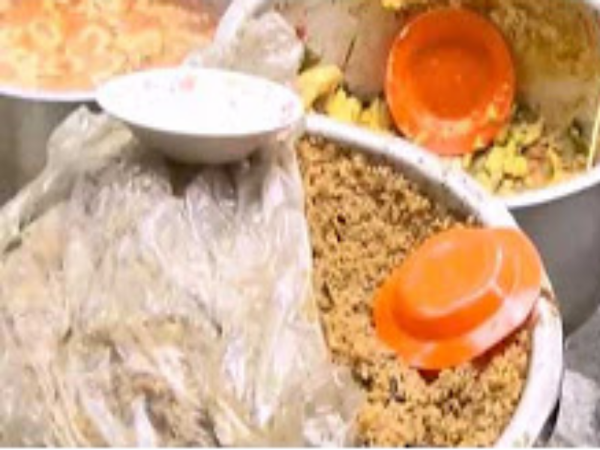Food borne diseases have been an issue that societies have been grappling with since the beginning of humanity. The types, severity and impacts of these illnesses have changed through the ages and are still diverse across Regions, countries and communities.
“if a certain food has some toxins in it or even germs that contaminate the food, if you boil the food which was contaminated by the germs but the germs had produced toxic products, they themselves can produce food poisoning” said DR Vincent Karuhanga – physician, Friends polytechnic clinic.
The germs once ingested cause diarrheal diseases which account for 70% of the food borne disease burden globally. “unfortunately for Ugandans, food poisoning is very common. we have a lot of germs here, viruses, fungi, bacteria which can cause this and unfortunately our food hygiene is not the best” said DR Vincent Karuhanga.
DR Vincent a practitioner and physician in kampala said they’re were groups of people who were at risk of catching the infection from eating contaminated food. “many times, people who are HIV, elderly, pregnant women, infants and children are much vulnerable and can actually die” said DR Vincent.
Only a fraction of people who become sick from the food they have eaten seek medical care. The world health organization(WHO) categorized key food borne diseases as follows;
Those caused by viruses, by bacteria, by parasites, chemicals and toxins. Through bacterial infections, one is likely to suffer listeria which causes blood poisoning and meningitis. The bacteria which is common in raw vegetables, ready to eat meals and processed meat to mention but a few.
The others include Brucella commonly found in unpasteurized milk and cholera. Viral diseases include Hepatitis A; a liver disease transmitted through contaminated food by the faeces of an infected person.
The parasitic infections include pork, tape worm, Chinese fluke warm and toxoplasmosis among others. These cause infection of the liver and diseases like epilepsy sit in the brain, tumor in the liver and lungs. “this can be due to dehydration, toxic substances” said DR Vincent karuhanga. Treatment is done based on the infections one has been diagnosed with.
DR karuhanga further said that symptoms depended on the type of food poisoning one had. “the basic symptoms we always say are diarrhea, vomiting, abdominal pains, muscle cramps, joint pains, fever, problems with pancreas, thyroid gland”. There other foods known to be toxic and can cause infection once consumed raw or poorly cooked. “for- example mushrooms, and people should be careful about the mushrooms they eat, sorghum can be contaminated with a fungus aspergillus flavus which causes aflatoxin poisoning. This one together with g. nuts have been found to cause liver damage but the good thing is that we don’t have such foods stored for a long time which can get fungus but taking the fungus in smaller amounts can mean that one’s liver can eventually get damaged by the toxic product of the fungi” said DR Karuhanga.
The best way to avoid getting infected is by washing hands, foods like vegetables, fruits and properly cooking our meals.

